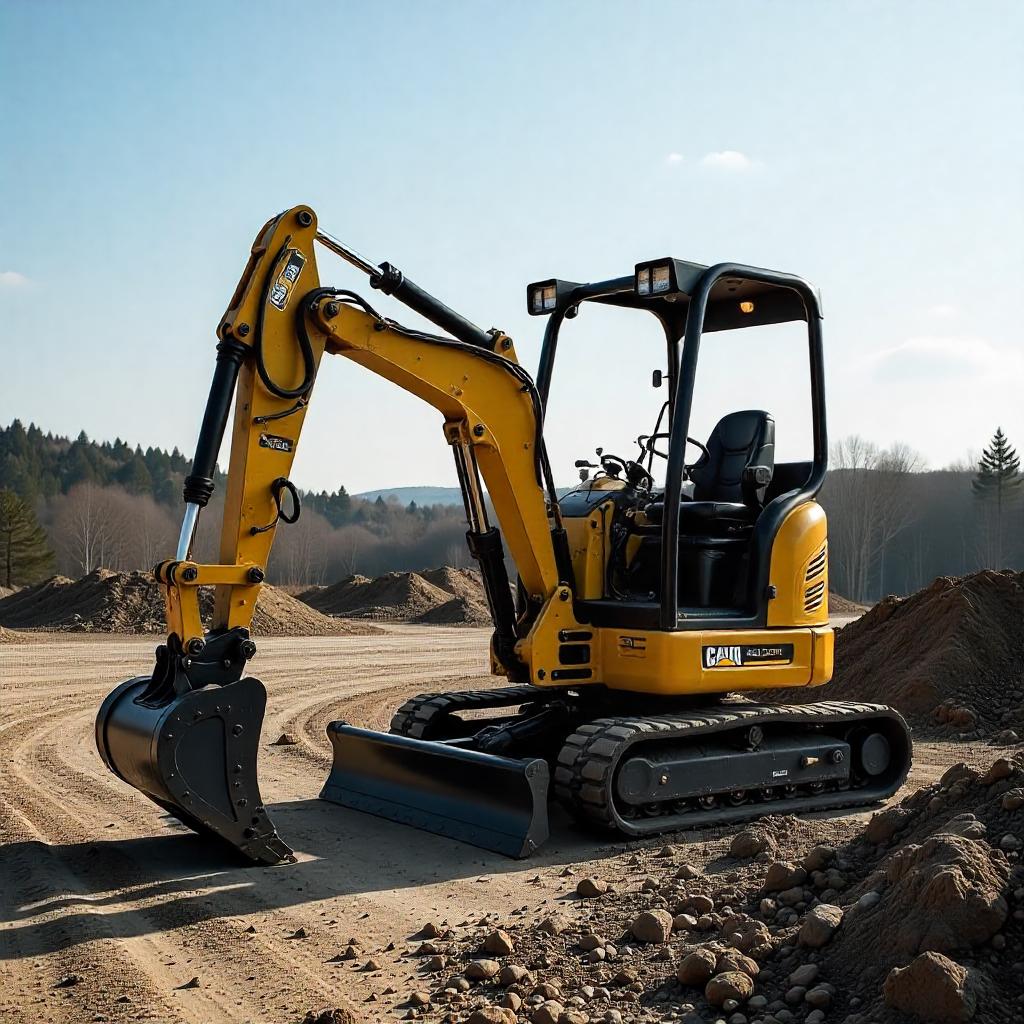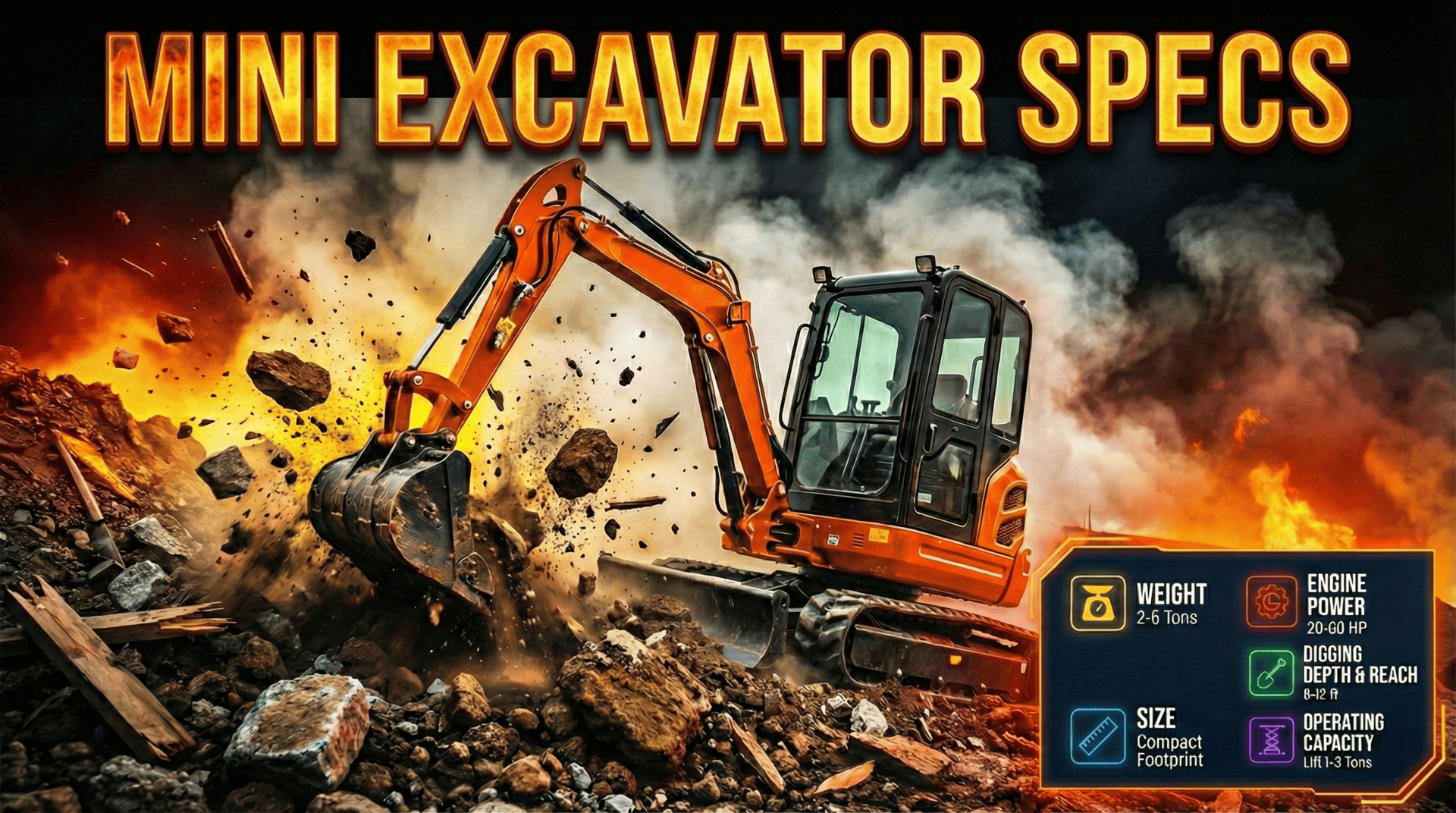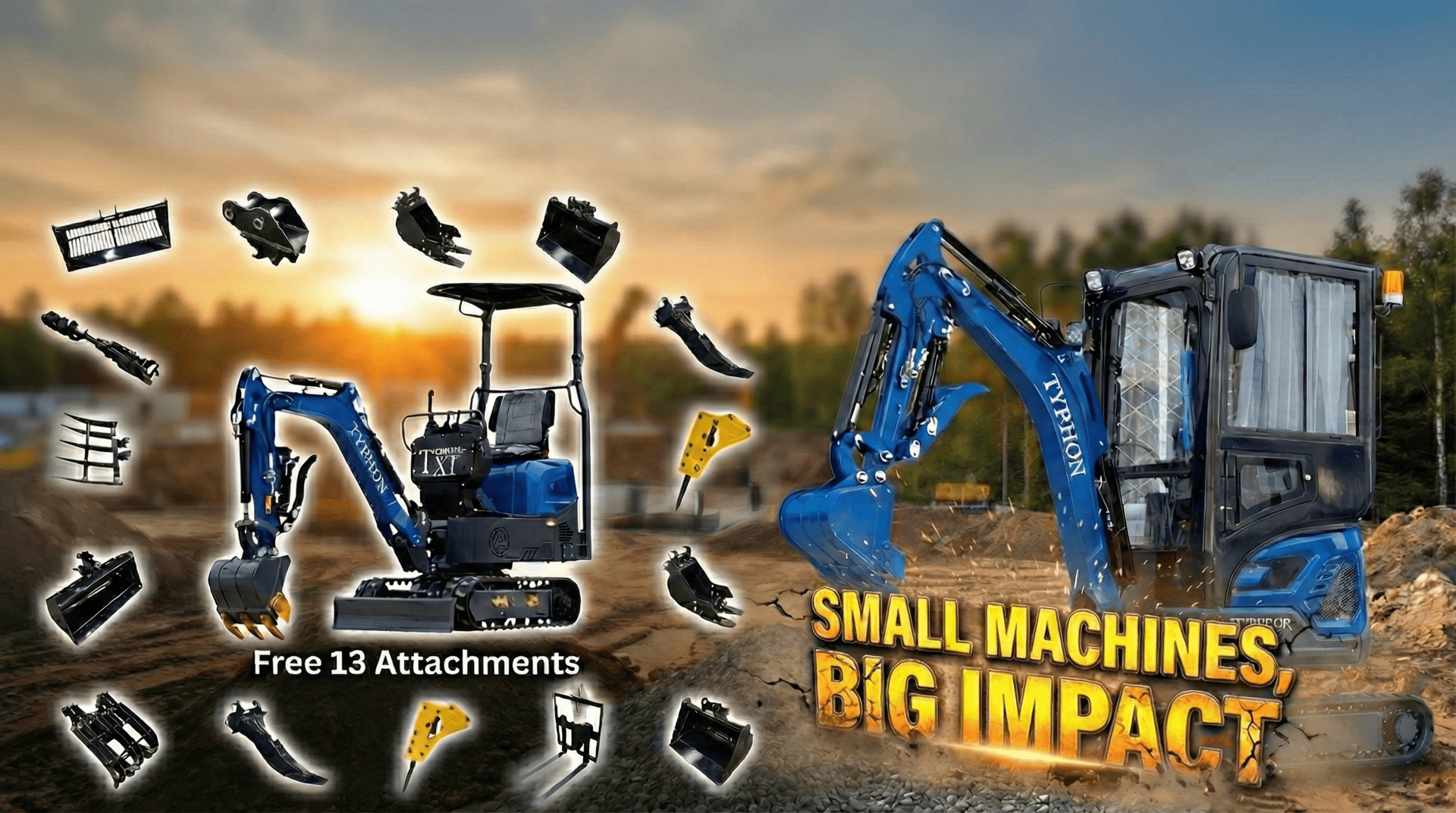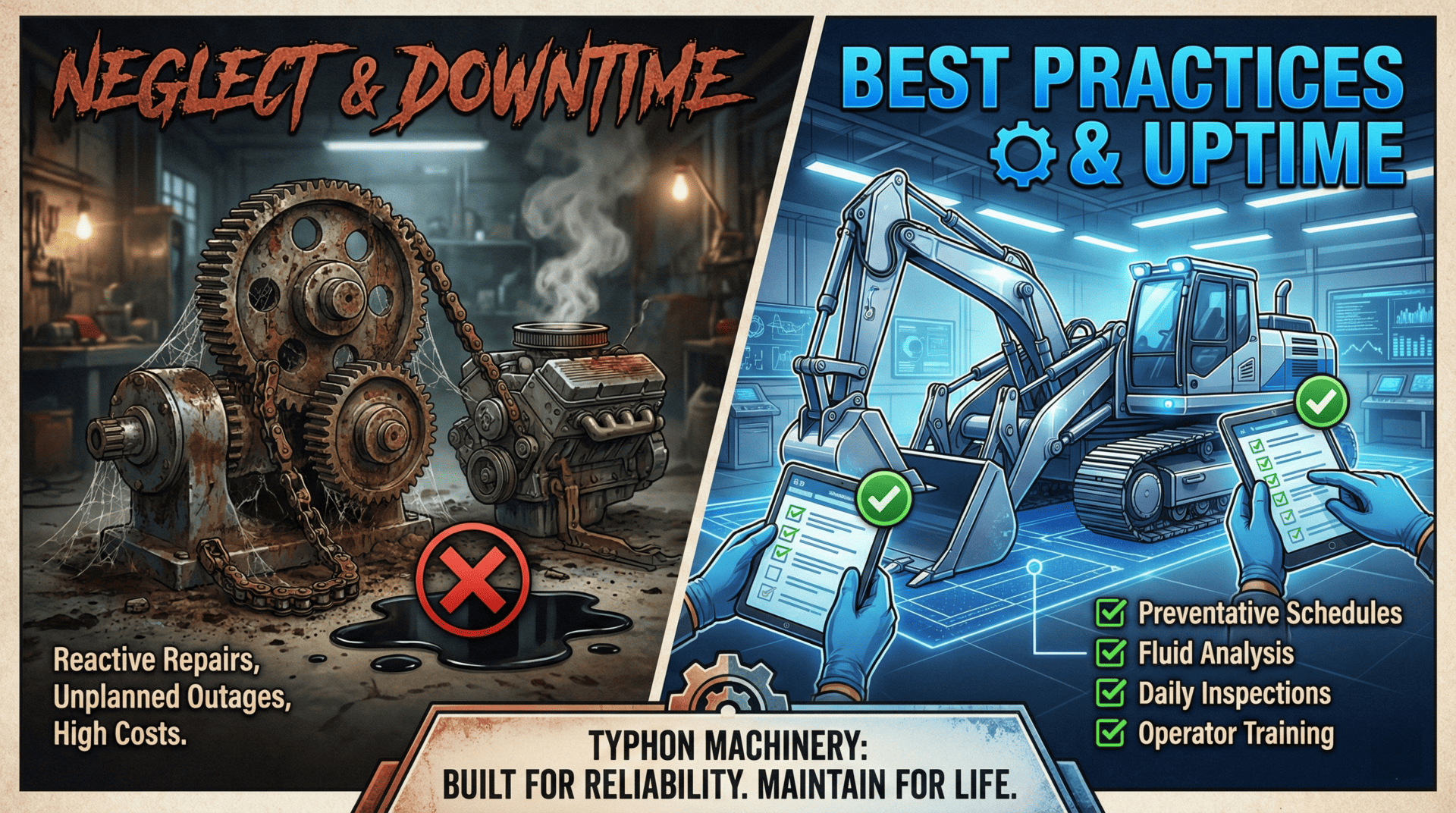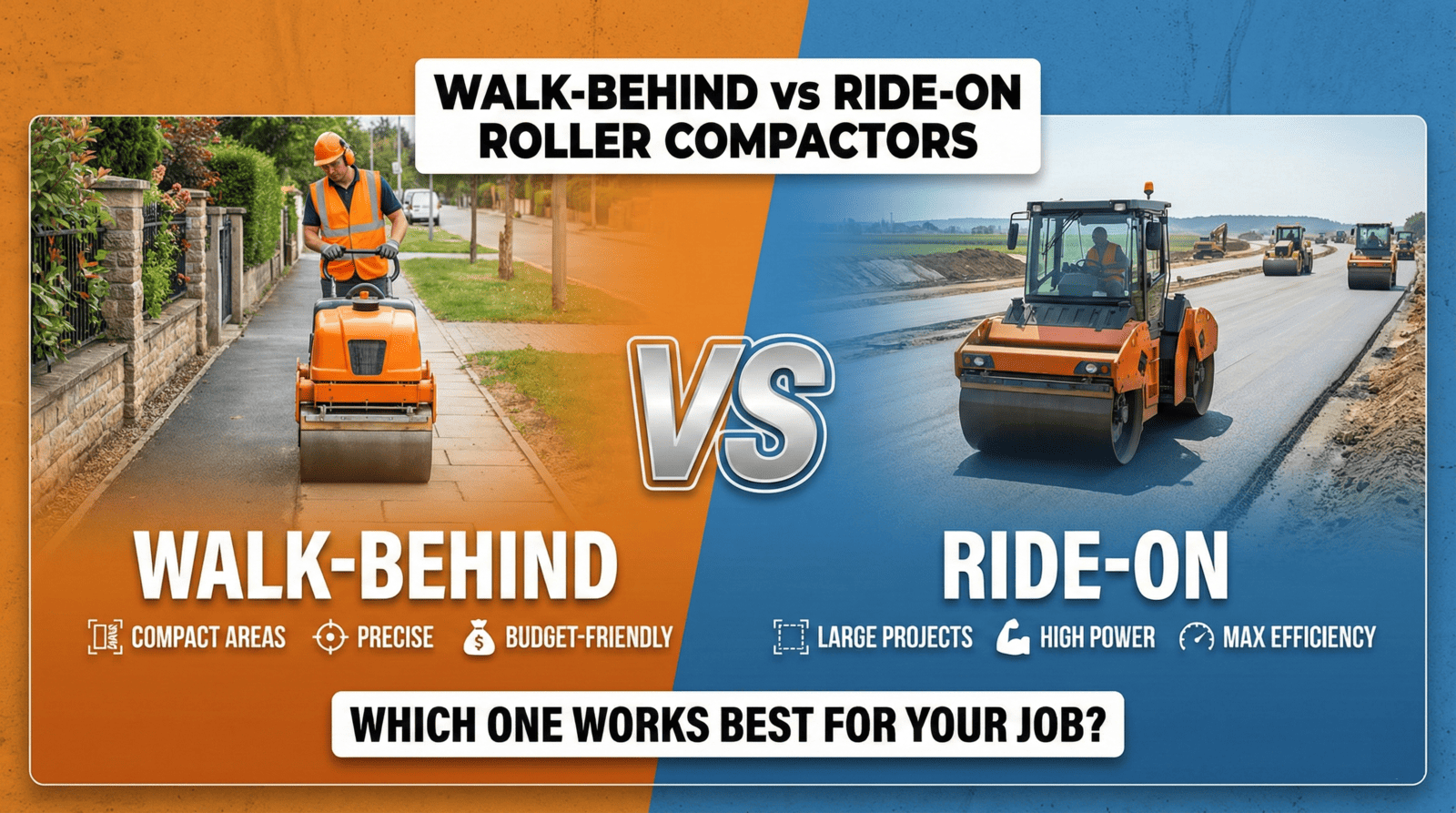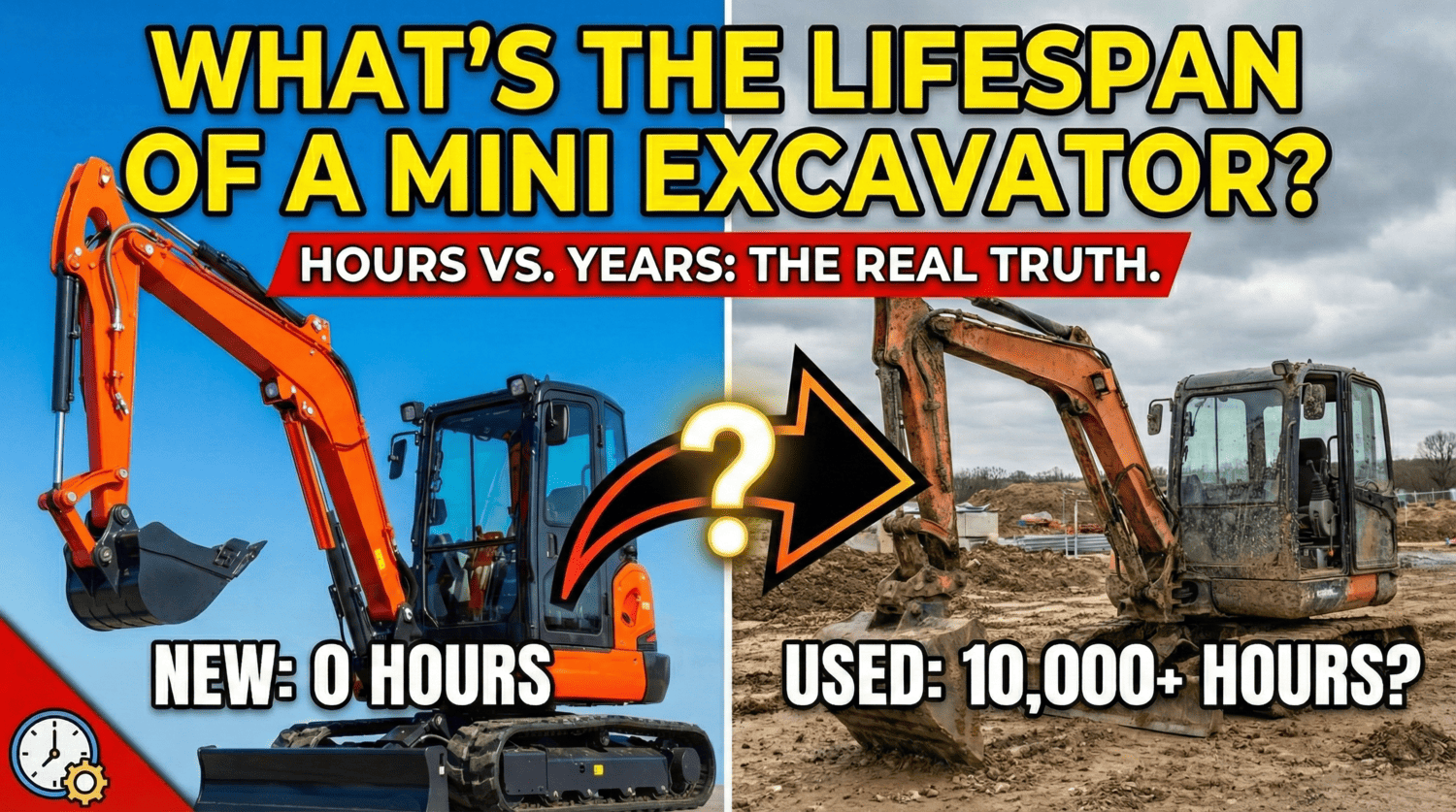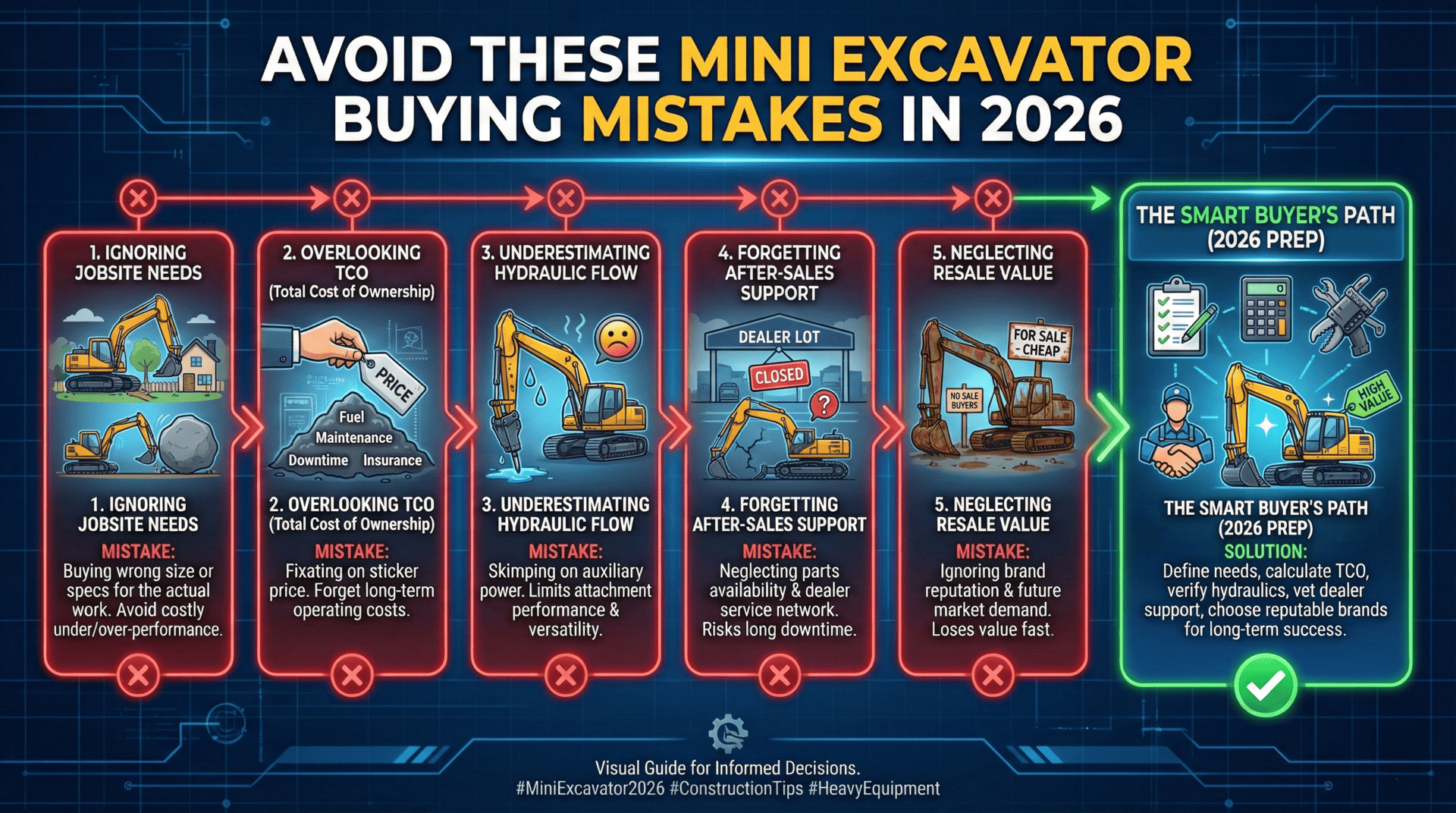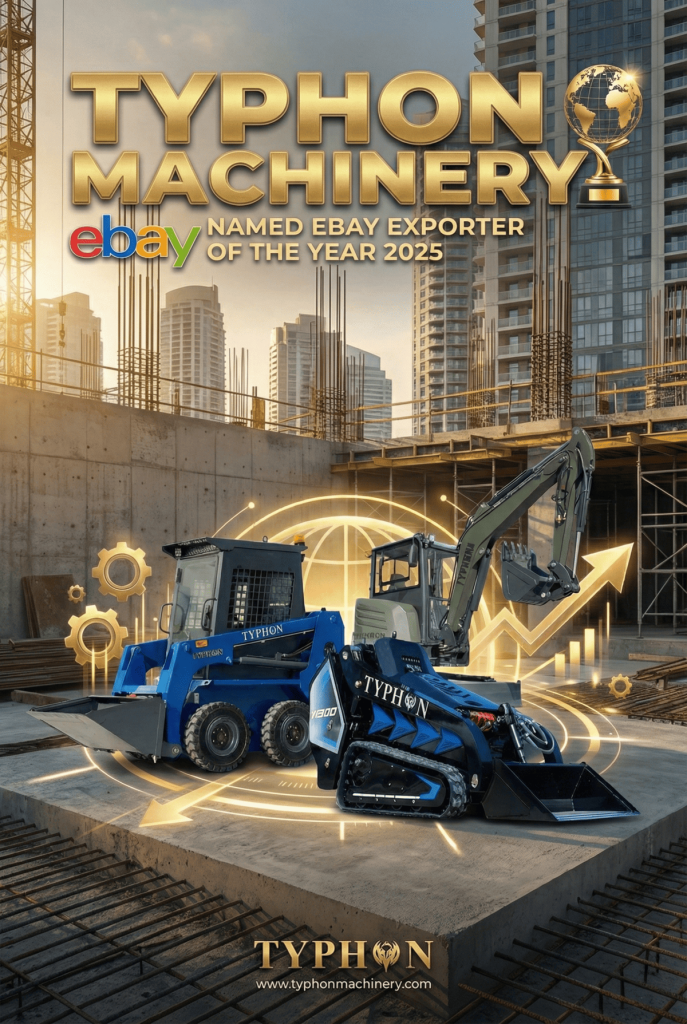Mini excavators may be small in size, but they pack a powerful punch when it comes to construction and landscaping projects. These versatile machines have revolutionized the industry with their compact design and remarkable efficiency. But how much do you really know about mini excavators? In this article, we’ll explore seven surprising facts about these mighty machines that might just change the way you see them. From their unique features to their impressive capabilities, let’s dig into the world of mini excavators!
How Much Do You Really Know?
Fact #1: They are a kind of hydraulic excavator.
As you know mini-excavators, also called compact excavators, provide functionality in areas with congested workspaces. However, did you know that a classic mini-excavator is considered a hydraulic excavator type? In the matter of a mini-excavator, the slew and travel responsibility, the blade, and the workgroup functions are all hydraulically handled.
Fact #2: Weight specifies what it is and is not a mini-excavator.
Mini-excavators are accurately defined as excavators with a weight of less than 10,000 pounds. This allows them to be used on more sensitive terrain, have a smaller footprint, be within a narrow turning radius, and be easier to bring when compared to standard backhoes and excavators.
Fact #3: Mini-excavators are engaged for market share with backhoes.
It’s become very common to see a mini-excavator along with a skid steer or compact track loader taking the place of a backhoe loader. Some experts say that the mini-excavator is taking some of the market share away from the backhoe.
Fact #4: The first mini-excavator was manufactured in 1968.
Yanmar began mass-producing. The first mini-excavator was in 1968, chased in 1971 by Takeuchi. Mini-excavators were not presented to America until the early 1980s by Bobcat. IHI also began manufacturing these machines in the 1980s. Hitachi didn’t start making them until the 1990s.
Fact #5: Very compact excavators have their uses.
There are excavators built to be small enough to fit through a doorway. While they may be rough for an operator to handle, the concord is that “they sure beat a shovel and a wheelbarrow.” Even though the bucket size usually keeps only about seven shovels of dirt, this can still be an important time-saver on a project.
Fact #6: Only one company made mini-excavators on US soil.
A few companies manufacture mini-excavators, including Bobcat, Caterpillar, Case, Doosan, Gehl, JCB, John Deere, Kubota, IJI, Takeuchi, Volvo, and Yanmar. Bobcat, however, is the only company that manufactures mini-excavators in the United States.
Fact #7: Mini-excavators can be very risky.
The mini-excavator can be a tiny machine, but this doesn’t mean that damages are improbable. Consider the person whose mini-excavator saw down into the trench he was digging, press him down. Another man was killed in 1999 when he was compel between a mini-excavator bucket and an air crusher. They’re also not machines for freshers as one unlucky young man found out when he expanded his head behind the cab and accidentally hit the wrong lever.
Mini-excavators only improve in Usefulness
Mini-excavators have been around for over 45 years now, and their functionality has only increased. Examine by many to be the Swiss army knife of a construction fleet, they can get to places that other machines cannot. And if you need a last drive for your mini-excavator, you’ve come to the exact place!
Mini excavators are a testament to how innovation can transform even the smallest machines into indispensable tools for modern construction. Whether you’re a seasoned contractor or someone curious about heavy equipment, these facts highlight just how versatile and efficient mini excavators can be. At Typhon Machinery, we’re proud to offer top-of-the-line mini excavators like the TYPHON TERROR XIX STORM, designed to meet all your project needs. Ready to bring power and precision to your next project? Contact us today to learn more!

